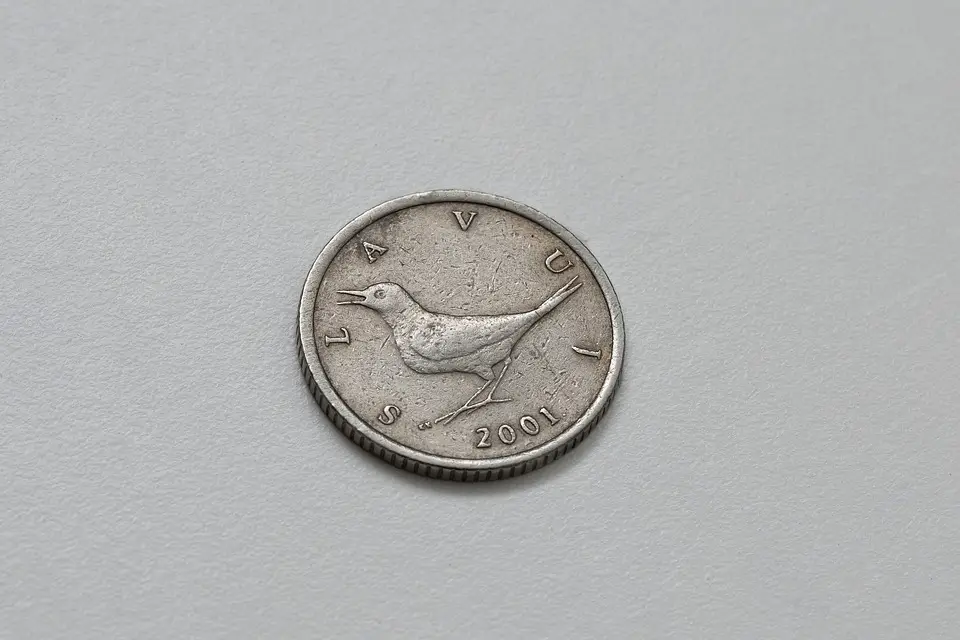As Poslovni Dnevnik writes, the price of an hour of work, which includes state benefits, stood at a mere 11.2 euros back in 2021, according to a report which looked into the matter by Lider.
The survey, conducted at the level of the European Union, showed just how below Croatian wages paid by hour are when compared to the general European Union average, given that the average cost of labour in the EU stood at 29.1 euros, and 32.8 euros in the Eurozone.
It isn’t remotely encouraging that the Republic of Croatia has found itself in an extremely unimpressive fifth place on the list. As in fifth from the end, not from the beginning. In the EU, Latvia has lower labour costs than Croatia does, with costs of 11.1 euros, in neighbouring Hungary, the same costs stand at 10.4 euros, in Romania, the somewhat infamous 8.5 euros remains so, and last on the list comes Bulgaria, where the cost of an hour of work it costs a mere seven euros.
At the same time, Western countries, with which Croatia often likes to (rather unrealistically) compare itself to, are somewhat different.
The highest labour costs can be found in Denmark, where an hour of work costs a far, far higher 46.9 euros. Right behind it are Luxembourg, with 43 euros, Belgium, with 41.6 euros, and then France, the Netherlands and Sweden, with just under 40 euros per hour.
Austria, Germany and Ireland, countries where Croats often head to with hopes of a more stable economic situation and better prospects, are among the best in the European Union when we look at how much employers have to spend in order to have workers.
In Austria, the price of an hour of work stands at 37.5 euros, in Germany it is negligibly lower – 37.2 euros – and Ireland follows them closely with 33.5 euros per hour of labour.
For more on Croatian wages, the domestic economy and working in Croatia, make sure to check out our lifestyle section.










